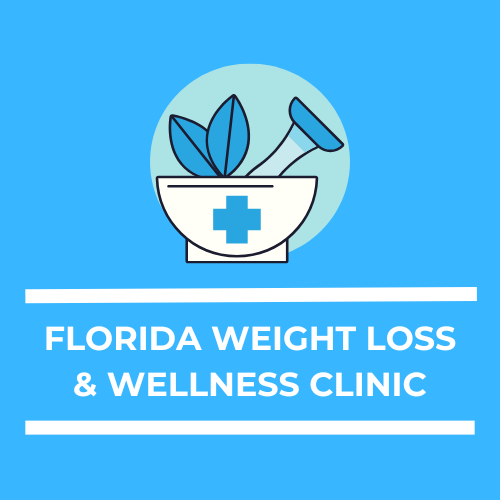Several supplements may help improve anxiety. Research suggests that multivitamin supplements, particularly those containing B vitamins, vitamin C, calcium, magnesium, and zinc, can significantly decrease anxiety symptoms in young adults. Other supplements like magnesium and L-theanine have also demonstrated potential in reducing anxiety and stress. However, more research is needed to fully understand the effectiveness of these supplements and their potential interactions with other medications or health conditions. It’s important to consult with a healthcare professional before starting any new supplement regimen, especially if you are already taking medications.
Supplements with potential benefits for anxiety:
- Magnesium: Magnesium is essential for nervous system function and may help reduce anxiety and improve sleep.
- L-theanine:This amino acid, found in green tea, may help reduce stress and anxiety.
- Omega-3 Fatty Acids: Found in fish oil and other sources, these fatty acids may improve brain function and mood.
- B Vitamins: Certain B vitamins, like B6 and B12, are important for nervous system function and may help reduce anxiety symptoms.
- Chamomille: This herbal supplement is known for its calming properties and may help reduce anxiety.
- Lavender: Lavender oil or supplements may have therapeutic effects on anxiety and stress.
- Ashwagandha: This adaptogen, a plant-based supplement, may help the body adapt to stress and reduce anxiety.
- Vitamin D: Some studies suggest that vitamin D supplementation may help reduce anxiety symptoms.
- Saffron: This spice may have anti-anxiety properties and may be helpful for managing anxiety.
- CBD: Cannabidiol, a compound found in cannabis, may have some anti-anxiety effects.
Important Considerations:
- Individual Variation: The effectiveness of supplements can vary from person to person.
- Dosage and Timing: It’s essential to follow recommended dosages and consult with a healthcare professional about appropriate timing and potential interactions with other medications.
- Safety: While many supplements are generally considered safe, some may have side effects or interact with medications. It’s important to be aware of potential risks.
- Not a Replacement for Medical Treatment: Supplements should not be used as a substitute for conventional medical treatment for anxiety.
- Professional Guidance: Consult with a healthcare professional, such as a doctor or registered dietitian, before starting any new supplement regimen, especially if you have any underlying health conditions or are taking medications.
Note: This information is for general knowledge and does not constitute medical advice. Always consult with a qualified healthcare professional for any health concerns or before making any decisions about your treatment plan.

